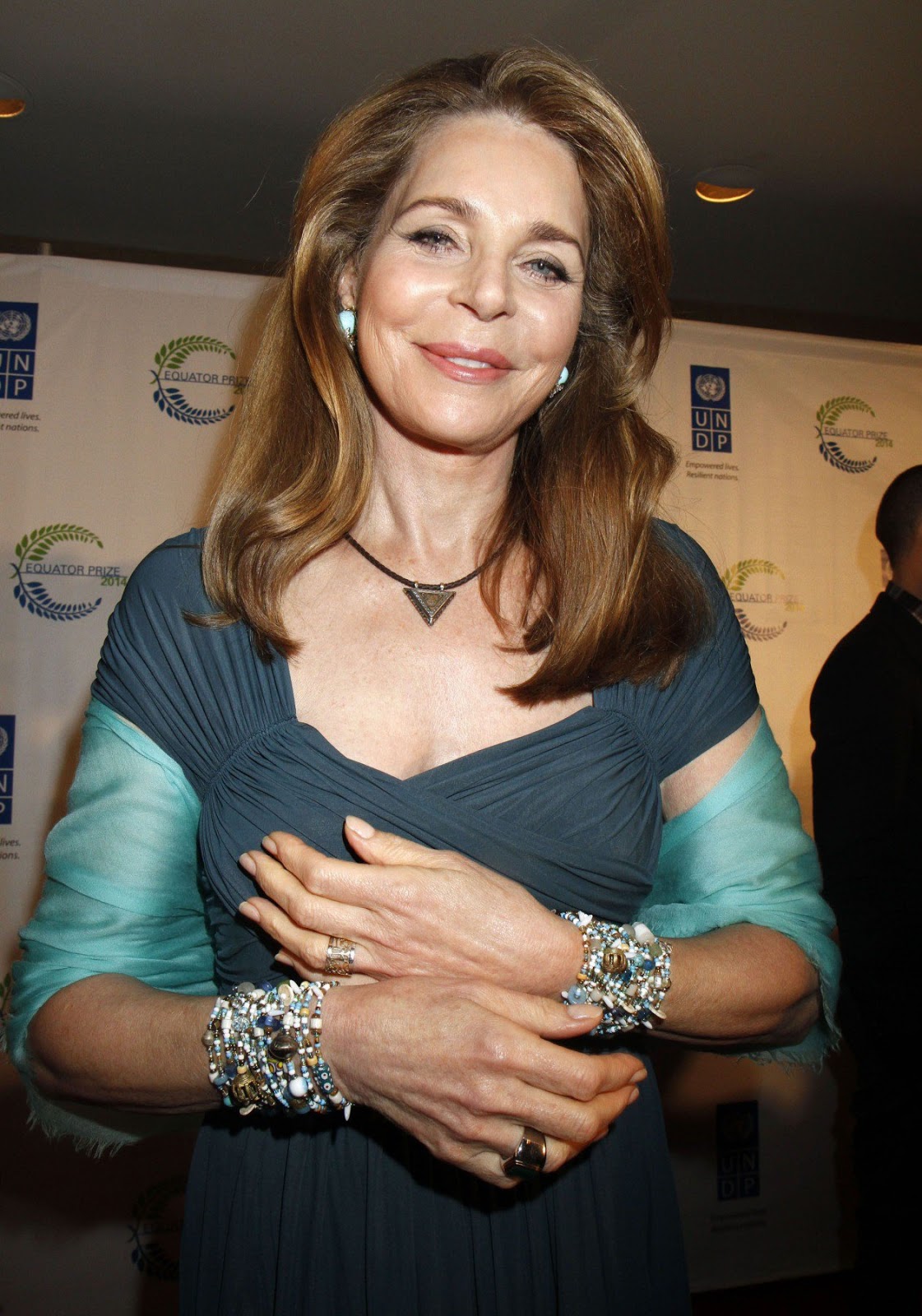Queen Noor: A Beacon Of Compassion And Diplomacy
Queen Noor of Jordan is a globally recognized figure, known for her unwavering commitment to humanitarian efforts, peace advocacy, and cultural diplomacy. As the American-born widow of King Hussein of Jordan, she has played a crucial role in shaping the modern Jordanian monarchy and influencing international relations. Her life story is not just one of privilege but also of responsibility, compassion, and tireless dedication to the betterment of society.
Throughout her life, Queen Noor has championed numerous causes, including women's rights, education, and environmental sustainability. Her diverse background, which includes a rich tapestry of cultural experiences, has enabled her to connect with people from various walks of life. As a result, she has become a vital voice in the global discourse on peace and development.
In this article, we will delve deeper into the life and legacy of Queen Noor, exploring her biography, personal details, significant contributions, and the impact she has made on the world stage. Join us as we uncover the remarkable journey of this extraordinary woman.
What is Queen Noor's Biography?
Queen Noor was born Lisa Najeeb Halaby on August 8, 1951, in Washington, D.C. She is the daughter of an American father and a Syrian mother, which contributed to her unique cultural perspective. After attending the prestigious National Cathedral School, she pursued her education at Princeton University, where she graduated with a degree in architecture and urban planning. In 1976, she married King Hussein of Jordan, becoming Queen Noor.
What are Queen Noor’s Personal Details and Bio Data?
| Detail | Information |
|---|---|
| Full Name | Queen Noor of Jordan |
| Birth Date | August 8, 1951 |
| Birth Place | Washington, D.C., USA |
| Nationality | American-Jordanian |
| Spouse | King Hussein of Jordan |
| Children | Four: Prince Abdullah, Prince Faisal, Princess Aisha, Princess Zein |
| Education | Princeton University |
| Occupation | Humanitarian, Author, Advocate |
How Did Queen Noor Contribute to Humanitarian Causes?
Throughout her time as queen, Noor has been a staunch advocate for humanitarian issues. She established the Noor Al-Hussein Foundation in 1990, aiming to improve the quality of life for Jordanians by focusing on health, education, and social development. Some of her most notable initiatives include:
- Women’s Empowerment: Queen Noor has worked tirelessly to promote women's rights in Jordan and the broader Middle East, focusing on education and economic independence.
- Environmental Advocacy: She has been a vocal supporter of environmental sustainability, emphasizing the importance of preserving Jordan's natural resources.
- Education Initiatives: Queen Noor believes in the transformative power of education and has implemented programs that support youth education in Jordan.
What Role Did Queen Noor Play in Promoting Peace?
Queen Noor’s commitment to peace is evident in her various diplomatic efforts. She has actively participated in discussions regarding conflict resolution in the Middle East and has worked with international organizations to foster dialogue. Some of her key contributions include:
- Middle East Peace Initiatives: After the assassination of King Hussein, Queen Noor took on a more prominent role in advocating for peace in the region.
- Global Dialogue: She has participated in numerous international forums aimed at promoting understanding and cooperation among different cultures.
- Advocacy for Refugees: Queen Noor has also been a strong advocate for the rights and dignity of refugees, particularly those affected by conflicts in the Middle East.
What Are Queen Noor's Literary Contributions?
In addition to her humanitarian work, Queen Noor is also an accomplished author. Her writings often reflect her experiences and insights gained from her life in Jordan. Some of her notable literary contributions include:
- "Leap of Faith: Memoirs of an Unexpected Life": In her memoir, she chronicles her journey from a young American woman to the queen of Jordan.
- Children’s books: Queen Noor has written several children's books that promote cultural understanding and peace.
How Has Queen Noor Influenced Modern Jordanian Society?
Queen Noor's influence extends beyond her royal duties; she has profoundly impacted Jordanian society. Her advocacy for education, women's rights, and social justice has inspired many Jordanians to engage in community service and activism. As a result, she has helped foster a culture of social responsibility and civic engagement in Jordan.
What Legacy Does Queen Noor Leave Behind?
As Queen Noor continues her work, her legacy as a compassionate leader and advocate for peace grows. Her commitment to humanitarian efforts and cultural diplomacy has set a precedent for future generations of leaders. She serves as an inspirational figure, reminding us that one person's voice can make a difference in the world.
Conclusion: How Can We Learn from Queen Noor's Journey?
Queen Noor’s life is a testament to the power of compassion, diplomacy, and dedication. By examining her journey, we can learn valuable lessons about the importance of advocating for those in need, fostering peace, and the role of cultural understanding in a globalized world. Her story encourages us to take action in our communities, challenge injustices, and strive for a more inclusive and harmonious society.
Article Recommendations
- Walmart Prescription Delivery
- Short Positive Quotes About Life Challenges
- Natural Hairstyles Crossword


